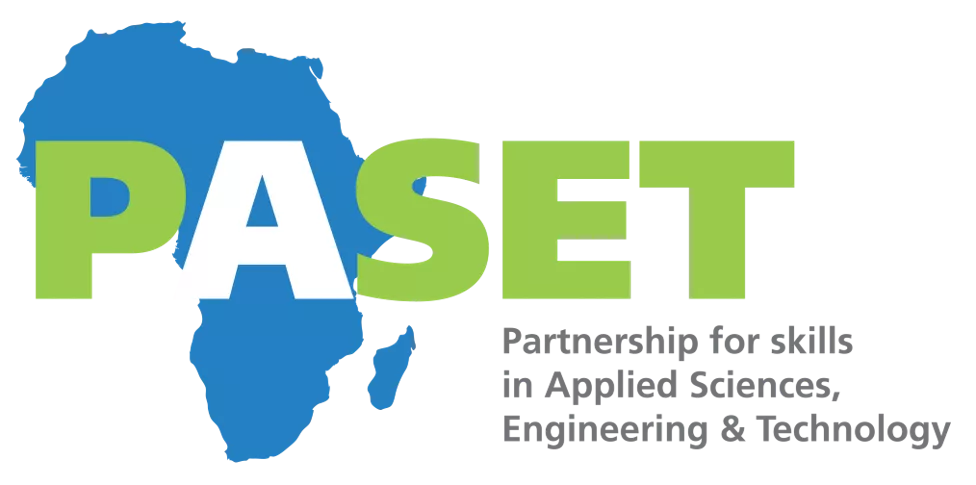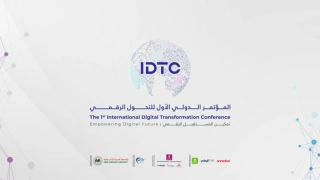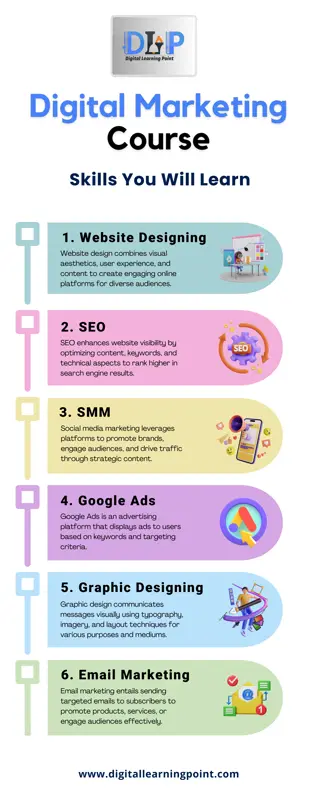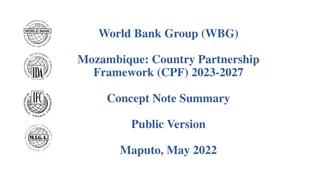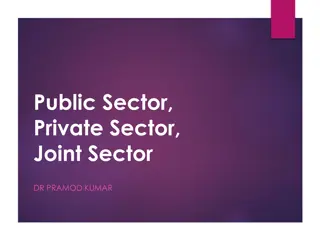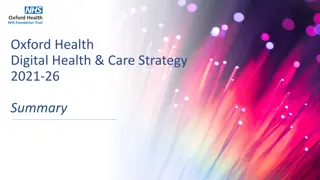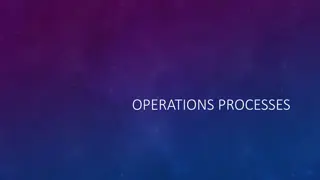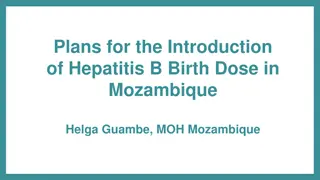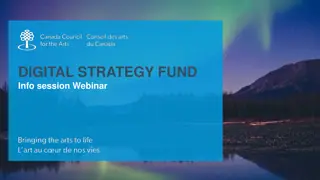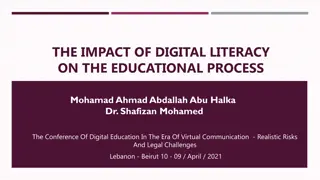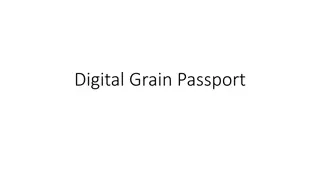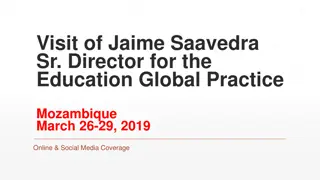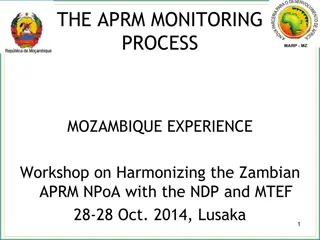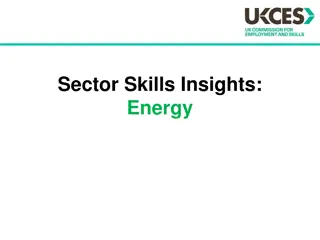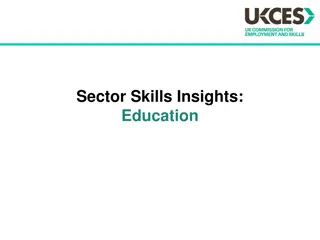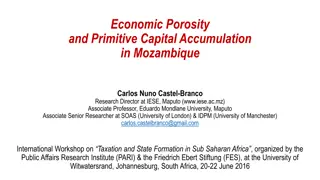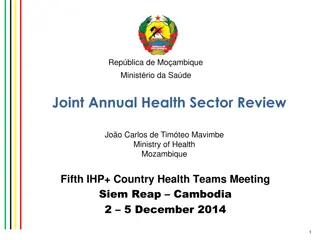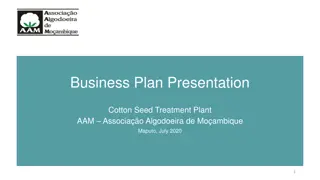Transforming Mozambique's Education Sector for the Digital Future
Mozambique is strategically preparing its education system for the Fourth Industrial Revolution by focusing on higher education, TVET courses, and ICT connectivity. Initiatives include training educators in active teaching methods, integrating STEM courses, enhancing internet connectivity for institutions, and leveraging technology for e-learning platforms. The country aims to improve employability, increase youth training in new technologies, and involve stakeholders in content development and technology accessibility.
Download Presentation

Please find below an Image/Link to download the presentation.
The content on the website is provided AS IS for your information and personal use only. It may not be sold, licensed, or shared on other websites without obtaining consent from the author. Download presentation by click this link. If you encounter any issues during the download, it is possible that the publisher has removed the file from their server.
E N D
Presentation Transcript
Destination Digital Africa: Preparing our Youth for the Future COUNTRY DELEGATION PRESENTATION TO FINAL PLENARY SESSION Republic of Mozambique _________________________ 5thPASET Forum Kigali, Rwanda| May 22, 2019
Changes in Higher Education and TVET courses to prepare for the Fourth Industrial Revolution and Digital Economy Training teacher in active, virtual library and teaching methodologies to promote the student centered approach; Preparing the financial criteria according to the relevance of courses, STEM; Training of trainers of HE, TVET, Secondary and Basic Education in order to increase their knowledge and skills to use active methodology to teach STEM courses; Establishing of Quality assurance agencies for HE and TVET (CNAQ and ANEP); Involvement of the professional private sector/industry in the evaluation and accreditation of new courses; Development of Management Information systems for HE and TVET (SIES, SEGI-EP, e-Sura, Gov-ensino. 2
ICT Connectivity for Higher Education and TVET Systems All 53 HE Institutions are connected to Internet. The Government Research Network (MoRENet) connects 78 HE Campus, 39 RI and 26 TVET. However it does not cover all existing institutions; there is the need to improve the bandwidth (international link, backbone that connect the 6 PoPs distributed in the country and of the access link/last mile); MoRENet offer several services to academic community such as EduRoam, filesender, High Performance Computing, Digital Library (Astria Digital Library), YouTube and other. However, there are need to implement more services that will contribute to the student centered learning approach, improved research quality; Mozambique has established that until 2020 all 202 TVET Institutions must be connected internet for purposes of accreditation, registration of Professional Qualifications; Certification of Trainers and trainees. However, still a need to ensure internet access to all infrastructures. those TVET institutions, including
Using Technology to Transform Higher Education and TVET Promote digital / electronic platforms for: e-learning, education content, Education Management Systems, virtual library, access to Scientific Journals, repository with courses materials to be accessed by students and teachers at all levels; Extend and improve the MoRENet: Connect more HI, RI and TVET; improve bandwidth of international link, national backbone and last mile link; implement more service related to knowledge access and sharing; Involvement of all stakeholders, private and government in the development of local content using technologies; Make the language of technologies accessible to all populations, formal and informal sectors.; The level of employability of the Graduates and employer satisfaction from TVET Training Institutions; Additional Capacity in terms of training of local youth people in upcoming new technologies is a very important issue to be considered 4
Planning ahead MoRENet has developed a strategic plan with the horizon of seven years (2018-2025) which include the human resource development in ICT, expansion of the network to more 150 E&R institutions, upgrade of bandwidth. However, the financial resources to implement the plan are not yet secured; Need to guarantee the access of Technical Training to Youth with necessary quality and competences for the Labor Market; Need to train more Youth in Post-Graduations Diplomas, Master-Degrees and PhD, particularly in STEM. Need of strong partnership between HE and TVET Institutions and Private Sector to enable technical training to give appropriate response to the labor market demand; Full involvement of Private Sector in the process of development and validation of Curriculum, including Quality Assurance, Internship; Involvement of Ministry of Transport and communication, Ministry of labor and ministry of education and development. 5







